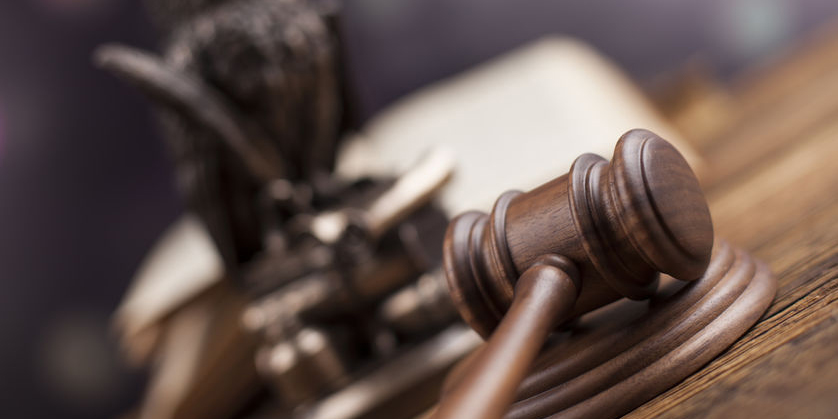Within the American justice system, there are multiple factors that cause wrongful convictions. One of those factors that most do not consider is cognitive bias, a simple flaw in the system that has the potential to cost a person their freedom.
“I think cognitive bias comes in many forms, and we all suffer from it. We have a cognitive bias in how we see the world, what occurs within it, and how we make sense of it,” says Lindsay Herf, Executive Director of Arizona Justice Project, a group at the Sandra Day O’Connor College of Law who work to free those wrongly convicted.
Moreover, this bias can also be viewed as unconscious bias. This occurs when domain irrelevant information is provided to a forensic scientist and influences the conclusions drawn from the evidence that is being examined.
To elaborate further, this can occur if a firearms examiner is testing a firearm that may or may not have been used in a crime and learns that the suspect’s car is similar to the car that was seen leaving the scene of the crime.
This information, which is irrelevant to his firearm test, can influence his conclusion of whether or not the shell casings from the firearm he tested match the ones found out at the scene of the crime. This is because he received domain irrelevant information that makes the examiner susceptible to a bias in his or her conclusion.
Cognitive neuroscientist Itiel Dror conducted an experiment to test this problem of cognitive bias with fingerprint examiners. Dror had five fingerprint experts examine fingerprints that they were told were those of a certain person. Those fingerprints were ones that they had previously examined. His experiment found that only one of the fingerprint experts stood by their previous conclusions while the others changed their conclusions. Could their conclusions have to do with the information they were given about the fingerprints? This is the problem that cognitive bias presents. This is how an innocent person can be sent to a life in prison or even death row.
Scott Rex, a forensic scientist from the Arizona Department of Public Safety crime lab, explains that the type of bias that could potentially exist in the crime lab are often known as contextual bias, which is “potentially leading one to draw incorrect conclusions based on outside information.”
This, however, doesn’t necessarily mean that bias exists in the crime lab. Rex is sometimes given information about a case that could potentially bias his analyzation but he does not allow it to skew his results. However, this also doesn’t mean that every forensic scientist will do the same, intentionally or unintentionally.
In the crime lab, there are measures in place that seek to prevent any type of bias to occur that would tamper with results. Before every report is issued, it is required to go through two reviews and all comparative conclusions are separately verified by an examiner.
This mitigates bias so that if one examiner makes a call based on biased information, the second will consider it from a different perspective without the bias clouding their judgement.
A Phoenix man, Ray Krone, was wrongfully convicted for the murder of a cocktail waitress in 1992. Krone was exonerated and released from prison 10 years later. Even after his release, Krone’s lawyer, Christopher Plourd, who is also a specialist in forensic science, investigated a “bite-mark” expert to see how another innocent person like Krone could be wrongly convicted. Plourd hired a private investigator to give the bite-mark expert old photos of the cocktail waitresses bite marks and asked him to compare it to bite marks that he thought were from the prime suspect in the case. In reality, the private investigator actually gave him his own bite marks but the expert still concluded that the marks were a definite match when they definitely were not.
Would the expert have concluded this if he wasn’t told the bite marks were from the prime suspect? Is there a way to eliminate this problem of bias in the justice system? Or is it a flaw that cannot be controlled in the human mind? Either way, bias, whether cognitive or contextual, can impact the result and analyzations that send someone to jail, prison, or death.
“I think that we will never totally eliminate cognitive bias in forensic science, but we can very much reduce it to a bare minimum. If we do that, then we will substantially improve forensic science,” Dror says.




